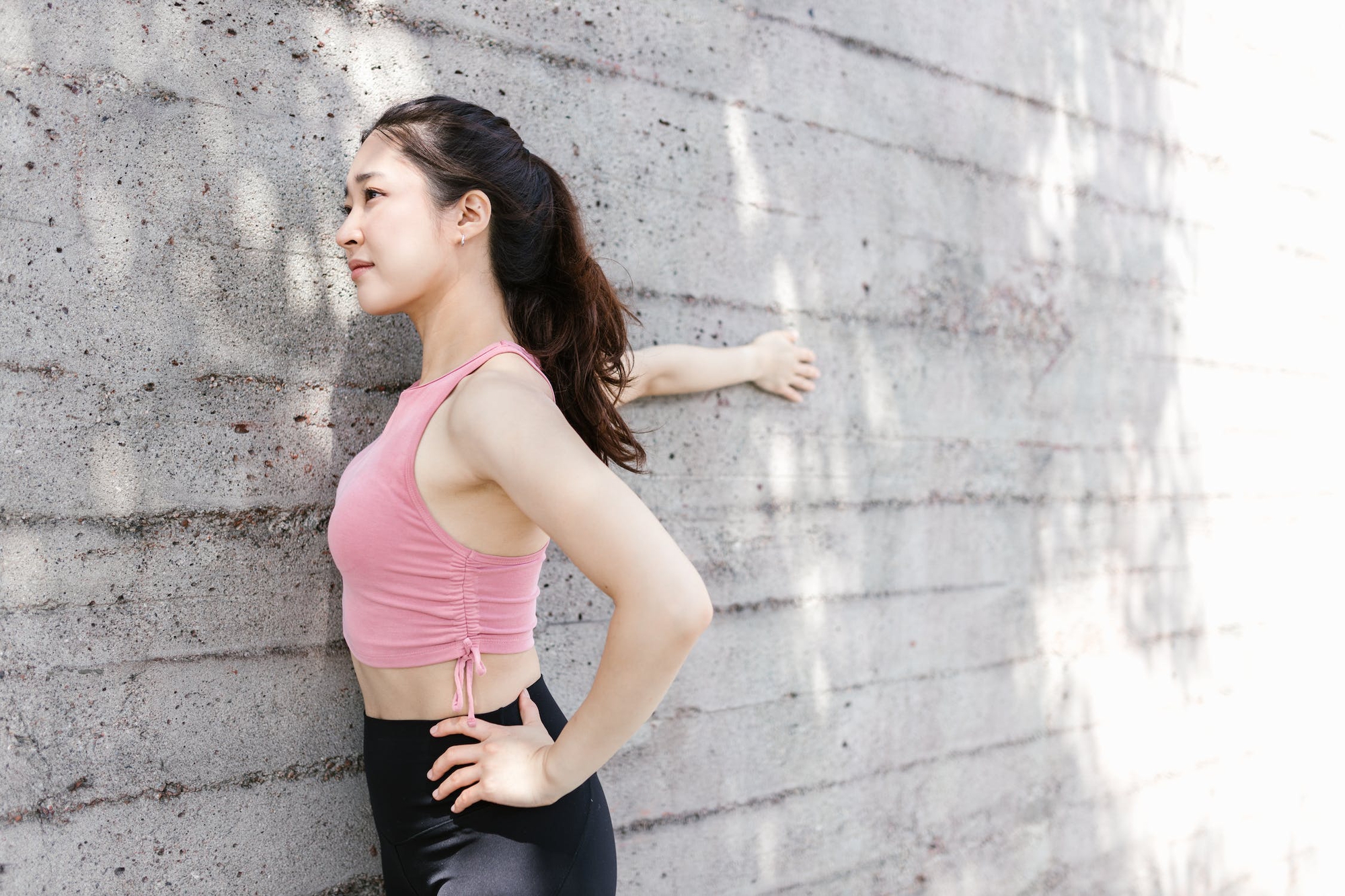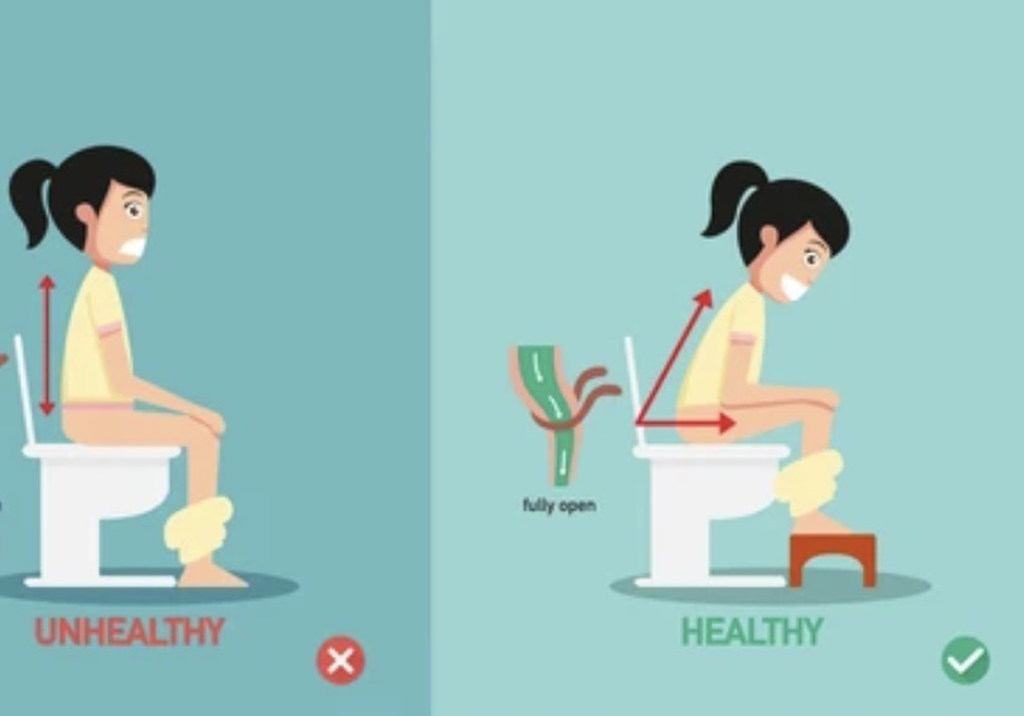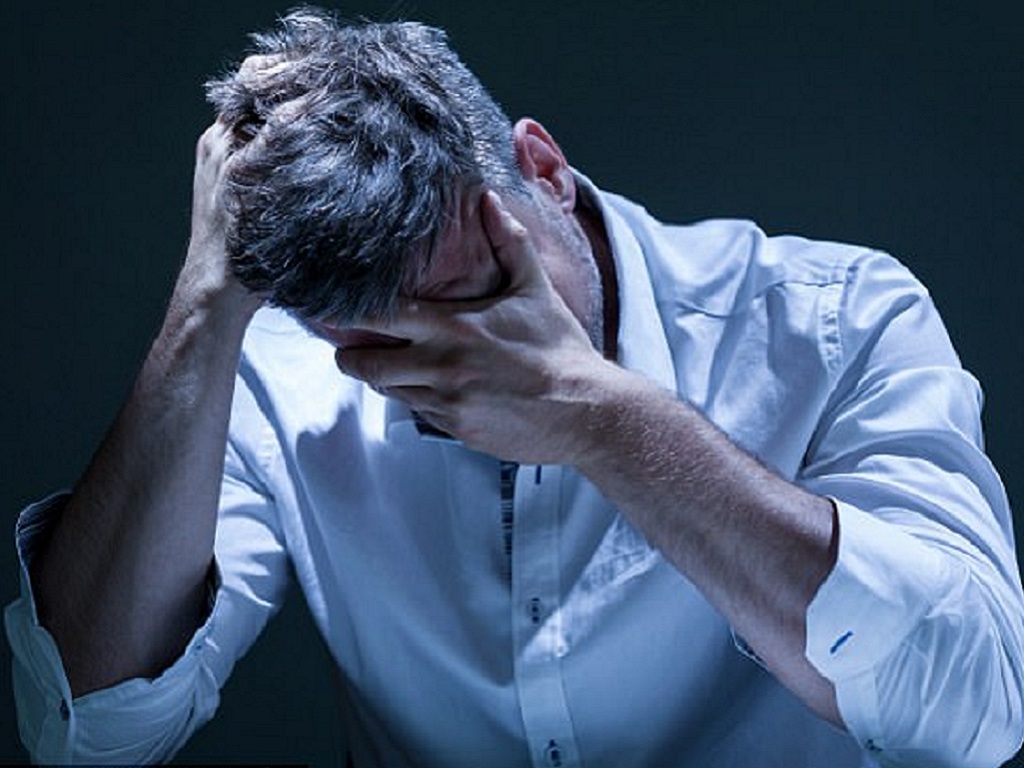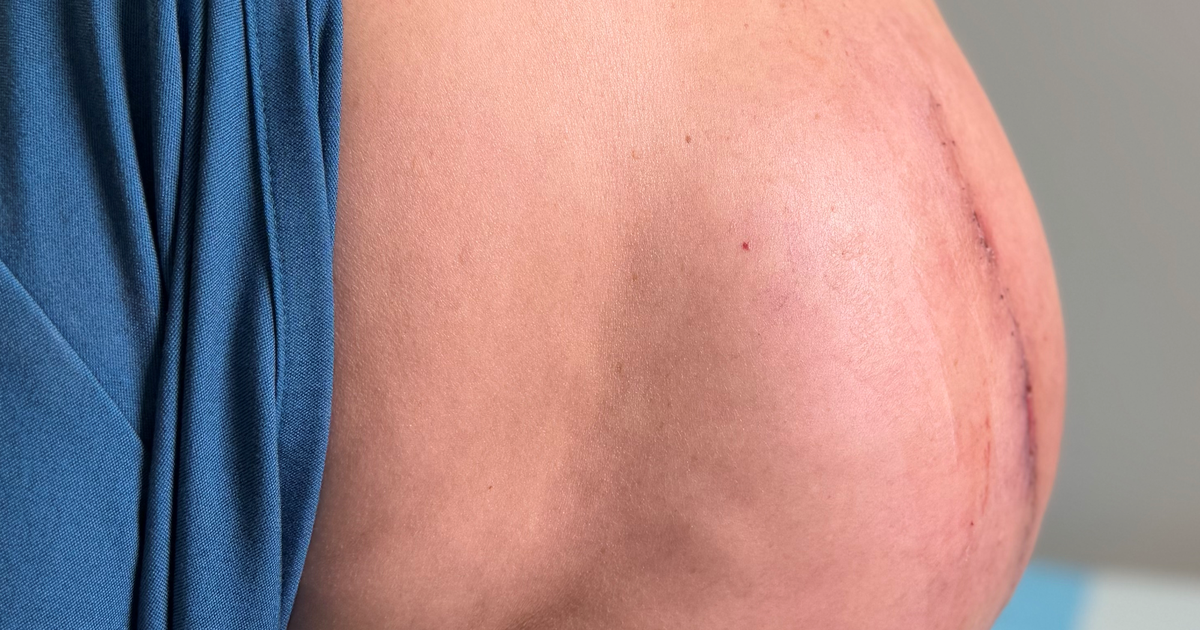Starting the day with health news, readers can also read more articles: You may have been defecating incorrectly all this time!; How does grief affect the body?; Science explains: Why do people feel sad when it rains?...
Notes when exercising outdoors
Exercising outdoors can have many health benefits if done with careful planning and preparation.
Exercising outdoors not only helps burn calories but also helps change the air, brings a feeling of closeness to nature, and increases the body's vitamin D levels. There are many exercises that can be done outdoors such as walking, jogging, cycling... However, exercising outdoors requires preparation. According to trainers, below are some notes when exercising outdoors.

Outdoor exercise requires preparation.
Avoid dehydration. It is important to prevent dehydration when exercising. Water should be carried in reusable, heat-resistant bottles (rather than disposable plastic bottles). Also, on hot days, the body needs to be replenished with electrolytes.
Exercise in cool weather. When the temperature rises, exercise should be limited or postponed. If the temperature is above 30 degrees Celsius, we can exercise in the gym or indoors. Early morning, cool afternoon, or night are suitable temperatures for exercise. If you cannot participate in sports activities at this time, shady, airy areas are the best places on sunny days. Readers can read more about this article on the health page on July 2 .
Doctor reveals: You may have been defecating incorrectly all along!
A leading doctor has revealed that modern toilet seats could be preventing people from defecating properly.
The doctor has made headlines after revealing on TikTok the exact technique to "solve the sadness" attracting 150,000 views .
Dr Karan Rajan, a surgeon with the UK's National Health Service, has explained in his latest video how to poop "really perfectly".
The correct posture is to lean forward and squat, raising your knees higher than your hips, he advises. Because sitting on a stool can cause the colon to twist, causing strain.
Instead, leaning forward and squatting will create a "clearer exit."

The correct posture is to lean forward, raising your knees higher than your hips (by resting your feet on a stool).
Focus on the angles, especially the angle between your belly and thighs, to make it as small as possible, explains Dr. Rajan. He points out that this angle can be reduced by leaning forward while "releasing the belly."
He recommends combining this with raising your heels so that your knees are higher than your hips. You can also create a knee-raising position by putting your feet up on a stool, according to the Daily Mail. The next content of this article will be on the health page on July 2 .
How does grief affect the body?
Grief can take a toll on your body and cause symptoms. Many of these symptoms will gradually disappear over time. If they are severe or unusually long-lasting, seek medical attention.
Grief affects many aspects of life and is often uncontrollable. It often occurs after a person has experienced a painful or traumatic personal event, such as the death of a loved one.

Grief can cause fatigue, pain, and other symptoms.
When grieving, the body may experience the following symptoms:
Digestive problems. Digestive problems and sudden weight changes are common physical symptoms of grief. Common gastrointestinal symptoms include constipation, diarrhea, stomach pain, nausea, and vomiting.
Not only that, grief can also cause loss of appetite, leading to weight loss. Meanwhile, many people gain weight, mainly due to overeating, eating out frequently, snacking, lack of exercise, and neglecting self-care. Start your day with health news to see more of this article!
Source link



![[Photo] General Secretary To Lam receives French Ambassador to Vietnam Olivier Brochet](https://vstatic.vietnam.vn/vietnam/resource/IMAGE/2025/4/17/49224f0f12e84b66a73b17eb251f7278)
![[Photo] Promoting friendship, solidarity and cooperation between the armies and people of the two countries](https://vstatic.vietnam.vn/vietnam/resource/IMAGE/2025/4/17/0c4d087864f14092aed77252590b6bae)
![[Photo] Nhan Dan Newspaper announces the project "Love Vietnam so much"](https://vstatic.vietnam.vn/vietnam/resource/IMAGE/2025/4/17/362f882012d3432783fc92fab1b3e980)
![[Photo] Closing of the 4th Summit of the Partnership for Green Growth and the Global Goals](https://vstatic.vietnam.vn/vietnam/resource/IMAGE/2025/4/17/c0a0df9852c84e58be0a8b939189c85a)
![[Photo] National Assembly Chairman Tran Thanh Man meets with outstanding workers in the oil and gas industry](https://vstatic.vietnam.vn/vietnam/resource/IMAGE/2025/4/17/1d0de4026b75434ab34279624db7ee4a)






















![[Photo] Welcoming ceremony for Chinese Defense Minister and delegation for friendship exchange](https://vstatic.vietnam.vn/vietnam/resource/IMAGE/2025/4/17/fadd533046594e5cacbb28de4c4d5655)




























![[Video] Viettel officially puts into operation the largest submarine optical cable line in Vietnam](https://vstatic.vietnam.vn/vietnam/resource/IMAGE/2025/4/17/f19008c6010c4a538cc422cb791ca0a1)






































Comment (0)